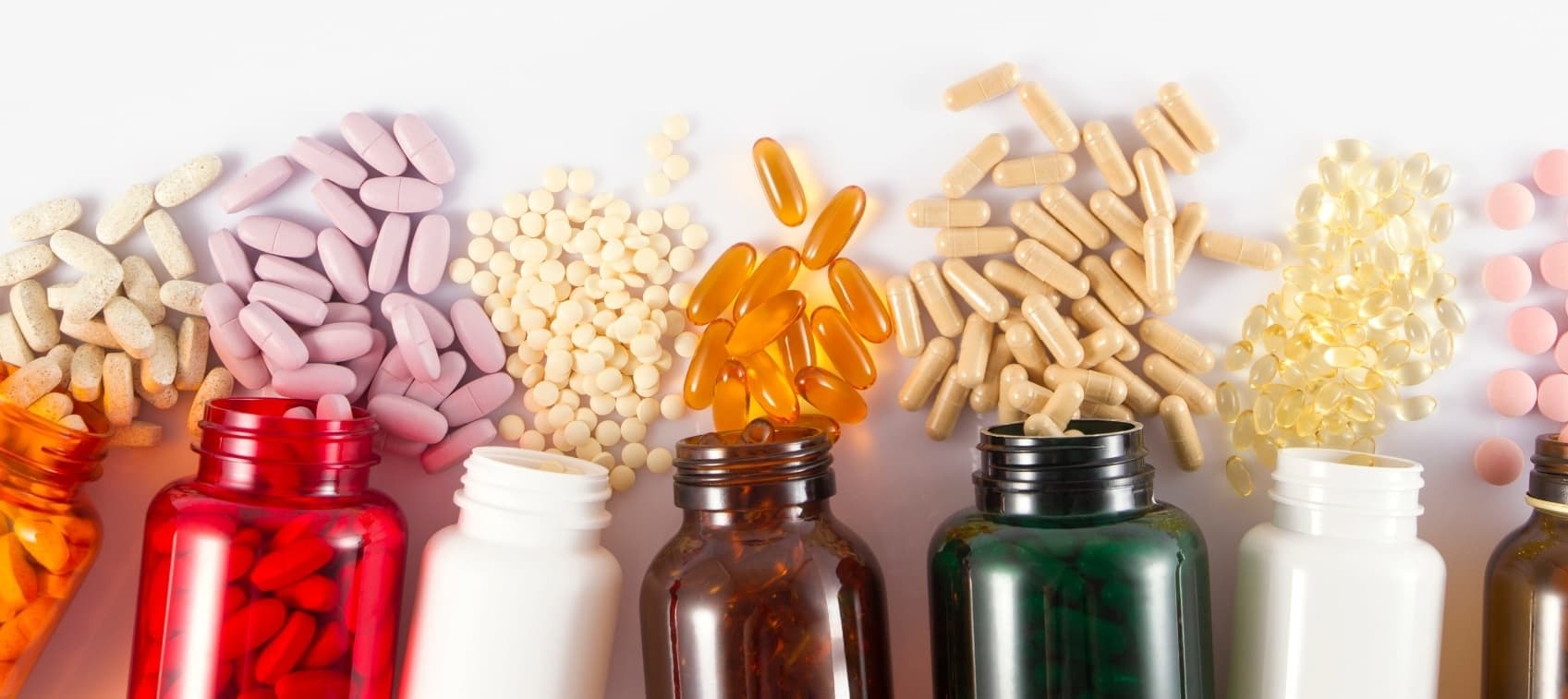
If you and your doctor have determined that you are someone who will benefit from being on a statin drug, you should be prepared to do everything you can to minimize the many negative side effects of statins.
Most of the negative side effects of statins are due to the way these drugs deplete the body of the potent antioxidant CoQ10.
You see, statins work in the liver by blocking an enzyme pathway that leads to the creation of cholesterol. Unfortunately, that same enzyme pathway is the one your body uses to create CoQ10. So statin takers need to be especially aware of the fact that they’re not producing CoQ10 at the levels they would be if they were taking no medication. When your body lacks CoQ10, energy production will lag and cell function will suffer.
Supplements to Counteract the Side Effects of Statins
Here’s a list of nutrients I recommend to all statin users. Because of the CoQ10 connection, it’s at the top of the list. But because CoQ10 is so intimately involved in cellular energy production, I also recommend including complementary nutrients in your daily regimen to offset the side effects of statins.
You’ll find many of these nutrients in a quality multivitamin and mineral formula. Others, like CoQ10, ribose, and L-carnitine, must be purchased separately and can be found in health-food stores and most grocery stores.
- CoQ10, 100–200 mg (hydrosoluble softgel) daily. CoQ10 serves as a raw material for the production of adenosine triphosphate (ATP), the primary source of cellular energy. Also a potent antioxidant, CoQ10 helps to neutralize the free radicals generated during the ATP production cycle.
- L-carnitine fumarate, 100-500 mg daily. This nutrient shuttles the fatty acids necessary for ATP production into the cells and transports waste material out.
- Ribose, 5 g twice a day. Ribose allows used ATP molecules to be recycled more quickly. A simple sugar made in every cell, ribose is depleted by heart disease. When taken as a supplement, it rapidly re-energizes heart patients.
- Magnesium, 400–800 mg daily. In the body, magnesium helps activate and regulate more than 350 enzymatic reactions. It is also required to stabilize and store ATP.
- Vitamin E (100–200 IU of mixed tocopherols daily), Vitamin C (200 mg daily), and Alpha lipoic acid (50–100 mg daily). These three major antioxidants protect your cells from free-radical damage and are able to penetrate the inner mitochondrial membrane.
- Copper (500 mcg to 1 mg daily), Zinc (15–30 mg daily), Molybdenum (75–150 mcg daily), and Manganese (2–4 mg daily). All four are vital minerals for ATP production and cellular health and repair.
WATCH: Is Taking a Statin Drug the Right Choice for You?


